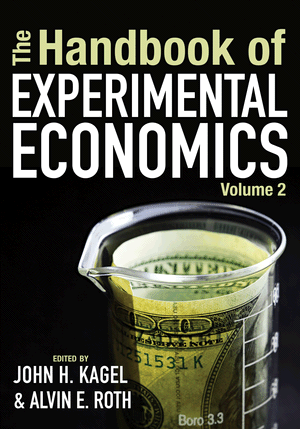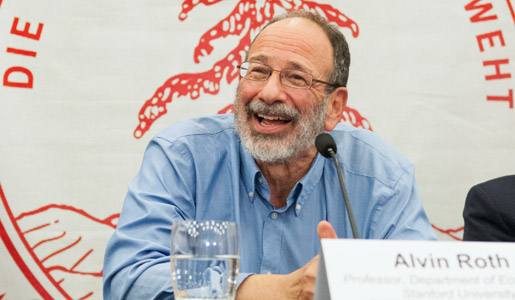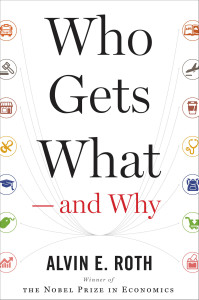A lot of market design is done by regulators, and some of that is done to enforce existing laws. Here's a report from the Department of Justice, focusing on four cases involving payment to workers (including authors of books).
Athey, Susan, Mark Chicu, Malika Krishna, and Ioana Marinescu. "The Year in Review: Economics at the Antitrust Division, 2022–2023." Review of Industrial Organization (2024): 1-20.
"In this review article, we report on five enforcement matters that expanded the scope of enforcement by the Division. The first four enforcement matters highlight a number of the Division’s actions to protect labor market competition in criminal and civil merger and non-merger cases. These include: criminal enforcement against a provider of contract health care staffing services that allocated nurse employees through a no-poaching agreement and agreed to fix the wages of those nurses; civil enforcement to stop an e-Sports league from effectively imposing a salary cap on its players; civil enforcement to stop a conspiracy among poultry processors to share information about worker compensation; and the successful challenge of a merger between two of the largest book publishers in the U.S., which preserved competition for books that will benefit authors."














 A matching market is one in which you can’t just choose what you want; you also have to be chosen. For example, labor markets are like that—you can’t just show up for work; you have to be hired. So are college admissions, dating and marriage. You can’t just choose your spouse; you also have to be chosen.
A matching market is one in which you can’t just choose what you want; you also have to be chosen. For example, labor markets are like that—you can’t just show up for work; you have to be hired. So are college admissions, dating and marriage. You can’t just choose your spouse; you also have to be chosen. A previous generation of kindergarteners’ parents in Boston had to think carefully about what school to put as their first choice, because parents who didn’t get their first choice might find that all their other top choices were filled with children who had listed that school as their first choice. But now the system makes it safe for parents to state their preferences for schools truthfully rather than carefully: If you don’t get your first choice, you still have just as much chance of getting your second choice as if you had listed it first. So now it’s safe for parents to concentrate on figuring out which schools they like, rather than figuring out which schools they can get into.
A previous generation of kindergarteners’ parents in Boston had to think carefully about what school to put as their first choice, because parents who didn’t get their first choice might find that all their other top choices were filled with children who had listed that school as their first choice. But now the system makes it safe for parents to state their preferences for schools truthfully rather than carefully: If you don’t get your first choice, you still have just as much chance of getting your second choice as if you had listed it first. So now it’s safe for parents to concentrate on figuring out which schools they like, rather than figuring out which schools they can get into.

